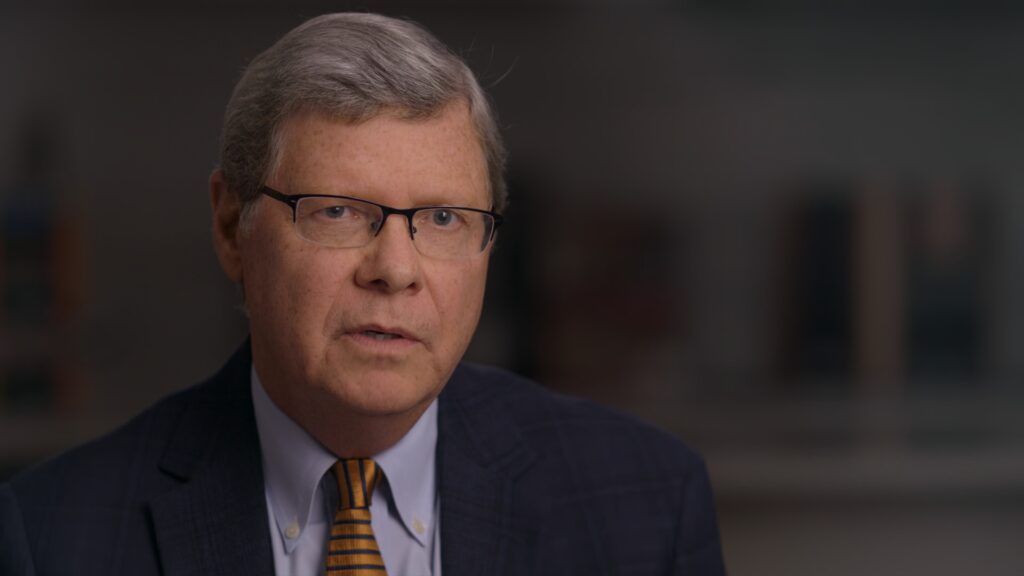The phenomenon of cancel culture has ignited fierce debates across various platforms, and Twitter, with its instantaneous nature, has become a significant battleground. One prominent voice in this discourse is Charlie Sykes. Known for his conservative commentary, Charlie Sykes Twitter account to articulate his perspectives on “The Canceling of the American Mind.”
The Rise of Cancel Culture
Cancel culture, a form of social ostracism where individuals or entities are boycotted for controversial opinions or actions, has gained prominence in recent years. Proponents argue it holds people accountable, while critics see it as a threat to free speech. Charlie Sykes Twitter, a conservative commentator and author, has been vocal about his concerns regarding this phenomenon, especially on his Twitter platform.
Charlie Sykes Twitter: An Overview
The Charlie Sykes, with his significant following, frequently tweets about political and cultural issues. His commentary on “The Canceling of the American Mind” reflects his deep concern over what he perceives as an erosion of intellectual freedom. By examining his tweets, one can gain insight into his stance on this controversial topic.
The Intellectual Landscape: Charlie Sykes TwitterPerspective
Sykes argues that cancel culture stifles open debate and intellectual diversity. He believes that the fear of being “canceled” discourages people from expressing dissenting opinions, leading to a homogenized public discourse. Through his tweets, Sykes often highlights instances where individuals or ideas have been suppressed, using these examples to underscore his point about the dangers of cancel culture.
Also Read: MrLuckyPOV Rise and Fast Success on Instagram
Freedom of Speech: A Fundamental Right
Central to Sykes’ argument is the principle of free speech. He posits that cancel culture undermines this fundamental right, creating an environment where people are afraid to speak their minds. Sykes’ tweets frequently reference historical and contemporary examples of free speech being curtailed, urging his followers to recognize the importance of preserving this liberty.
Case Studies Highlighted by Charlie Sykes Twitter
In his critique of cancel culture, Sykes often points to specific cases where individuals have faced severe backlash for their opinions. These case studies serve to illustrate the broader impact of cancel culture on society. By analyzing these examples, one can better understand Sykes’ concerns and the real-world implications of this phenomenon.
The Role of Social Media
Twitter and other social media platforms play a crucial role in the dynamics of cancel culture. Sykes often tweets about how these platforms amplify both the voices calling for cancellation and those defending the targeted individuals. This dual role of social media highlights its complex impact on the cancel culture debate.
Public Reaction to Sykes’ Tweets
Sykes’ tweets elicit a wide range of reactions from the public. While some support his views on the dangers of cancel culture, others argue that it is a necessary tool for social justice. This section will explore the diverse responses to Sykes’ commentary, showcasing the polarized nature of the debate.
The Cancel Culture Debate: Broader Implications
Beyond individual cases, Sykes’ analysis points to broader societal implications. He argues that cancel culture contributes to a divided society, where people retreat into echo chambers rather than engaging in meaningful dialogue. This section will delve into these broader implications, drawing on Sykes’ tweets and other relevant sources.
Alternative Perspectives
While Sykes is a prominent critic of cancel culture, it is essential to consider alternative perspectives. Many argue that cancel culture is a form of accountability, especially for those in positions of power. This section will present these counterarguments, providing a balanced view of the debate.
The Future of Free Speech
Looking ahead, Sykes often speculates on the future of free speech in the context of cancel culture. He raises questions about whether society can find a balance between holding individuals accountable and preserving intellectual freedom. This section will explore these speculations, drawing on Sykes’ Twitter commentary and other sources.
Conclusion: A Call for Open Dialogue
In conclusion, Charlie Sykes’ Twitter commentary on “The Canceling of the American Mind” highlights a critical debate in contemporary society. While opinions on cancel culture vary, the importance of open dialogue and intellectual freedom remains a common thread. As the debate continues, it is essential to consider diverse perspectives and strive for a society where free speech and accountability coexist.
Also Read: Aaron Rupar Twitter: The Suspension and Its Impact
FAQs
What is cancel culture?
Cancel culture refers to the practice of withdrawing support from public figures or entities due to their controversial opinions or actions, often resulting in social or professional ostracism.
Why is Charlie Sykes critical of cancel culture?
Charlie Sykes believes that cancel culture stifles free speech and intellectual diversity, leading to a homogenized public discourse where people fear expressing dissenting opinions.
How does social media influence cancel culture?
Social media platforms like Twitter amplify voices calling for cancellation and those defending targeted individuals, playing a dual role in the dynamics of cancel culture.
What are some examples of cancel culture highlighted by Sykes?
Sykes often points to specific cases where individuals faced severe backlash for their opinions. Using these examples to illustrate the broader impact of cancel culture on society.
What are the broader implications of cancel culture according to Sykes?
Sykes argues that cancel culture contributes to societal division. Where people retreat into echo chambers instead of engaging in meaningful dialogue, undermining intellectual freedom.
What are the counterarguments to Sykes’ views on cancel culture?
Many argue that cancel culture is a necessary tool for social justice and accountability. Especially for those in positions of power, presenting a counterargument to Sykes’ critique.



